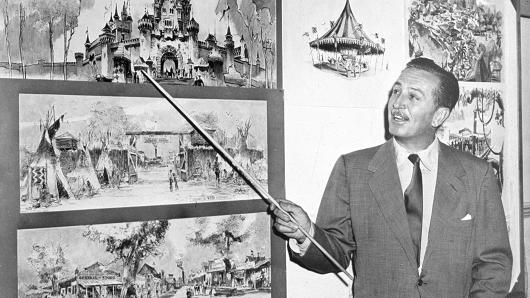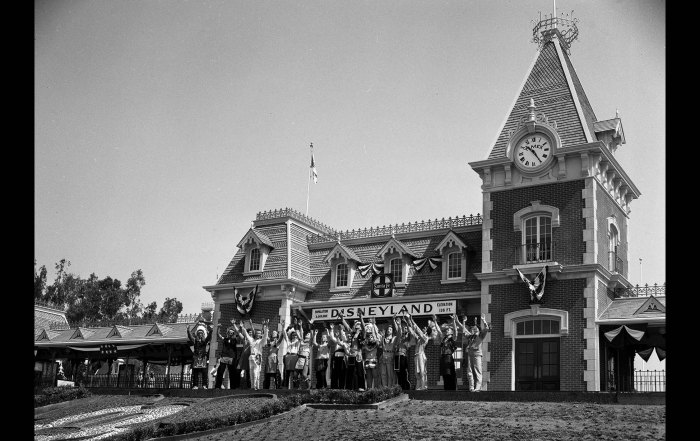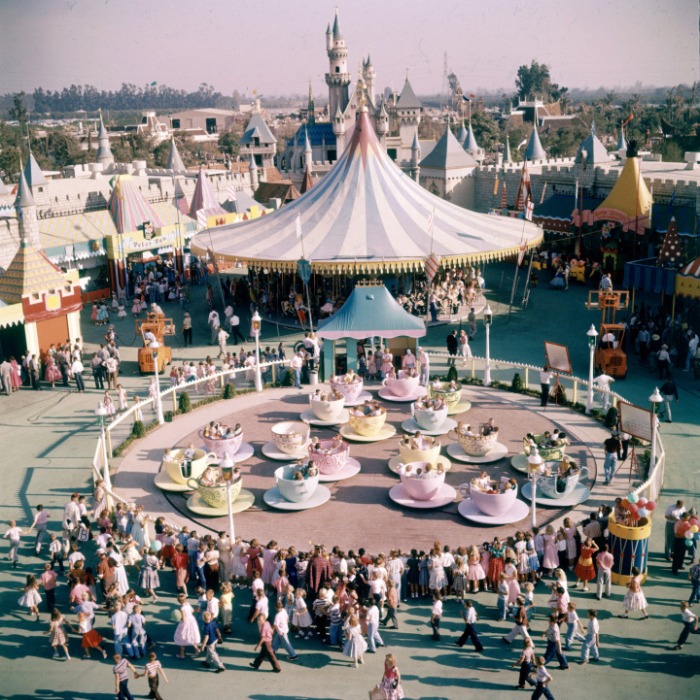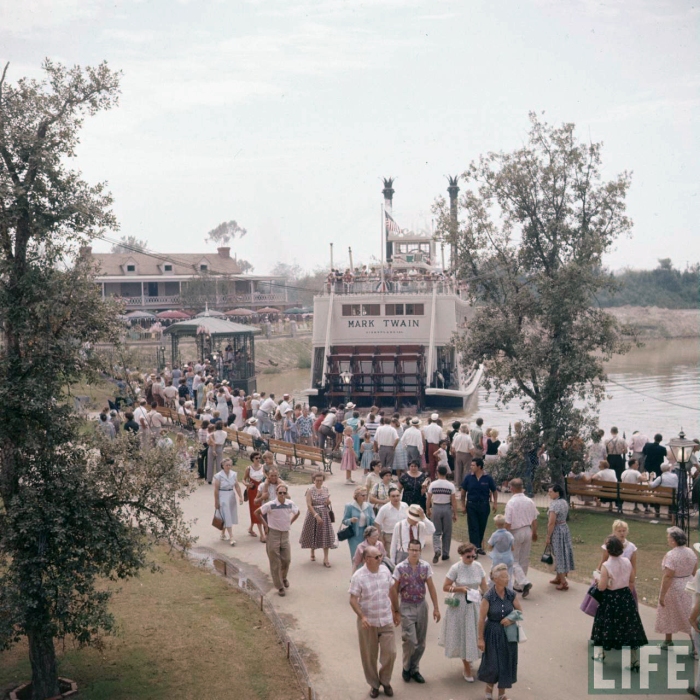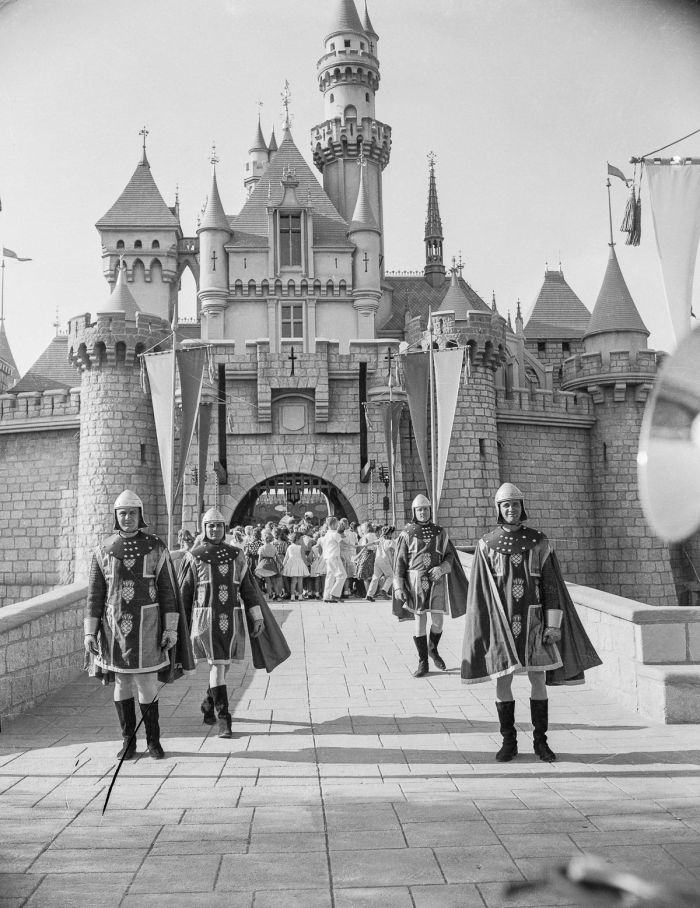5 Things You Didn’t Know About Alice in Wonderland (1951)

#1: It Was the Origins of the Disney Studio

Walt Disney started his career in animation at a rather young age by working at the Laugh-O-Grams Studio in 1921. But that job was doomed to fail, because the Kansas City based studio went bankrupt in 1923, leaving Walt Disney without a job. The last film he made for that company, Alice’s Wonderland, never saw a release. The film, loosely based on Lewis Carroll’s Alice books, followed a live-action girl that ventured into a cartoon world. Walt was very fond of his film, as he had always dreamed of making a full-length film based on Alice and he believed this short to be the first step towards that goal. He used it as a pilot to engage potential distributors into signing him on for a contract and a steady job. Eventually one did; Margaret J. Winkler (distributor of Felix the Cat), contracted Walt for an entire series based on the film. Through this deal, Walt founded his own studio in late 1923 titled Disney Bros. Studios (the ‘Bros.’ part referring to Walt’s lifelong partner and brother, Roy Disney), and today we know this company under its more familiar title…Walt Disney Productions! The studio was literally founded on Alice! And it would have been the subject of Disney’s first Feature-length film, if it hadn’t run into a bit of a problem!

#2: One of the Longest Projects in Disney Animation

As we mentioned above, Alice in Wonderland was considered as the primary candidate for Walt’s first feature-length film. In fact, Walt went so far as to purchase the rights to Sir John Tenniel’s iconic illustrations of Alice. However, the concept was dropped in favor of Snow White for several reasons. The main reason was Walt’s discouragement when Paramount Pictures beat him to the punch in 1933 with their live-action version of Alice. However, Walt never forgot his dream of making his own version of Alice. He revisited the idea in 1938 after Snow White proved to be an enormous success. He even registered the title with the Motion Picture Association of America. But due to creative issues and story problems, especially with adapting the unorthodox ‘nonsense’ of the books into a script, the project slowed down significantly. Then the devastation of WW2 hit, putting both of Disney’s biggest projects at the time (Alice in Wonderland and Peter Pan) on hold. Even after the war, Disney had so much trouble adapting the books into a workable plot structure, that production became a virtual nightmare. This led the film to be delayed for another 6 years, until it finally made its big screen debut in 1951.
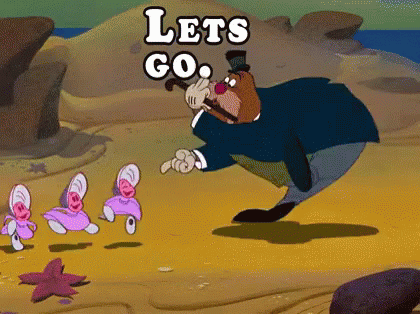
#3: It Went Through A Lot of Crazy Changes

As you can imagine, 15 years in production caused a lot of changes to the Alice in Wonderland story. An early version, with concepts and story treatments by David Hall and Al Perkins respectively, explored a more surreal approach. However, Walt, despite praising Hall’s brilliant artwork, deemed these concepts as too close to Tenniel’s drawings and called them ‘difficult to animate’. He also thought the tone of Perkins’ treatment was too ‘grotesque and dark’. The next iteration of the story, for which Disney hired the British writer Aldous Huxley, was also a bit off the mark. This version was reportedly very academic in its approach. Apparently, it was too academic, and risked alienating the children who watched. However, a background artist by the name of Mary Blair finally arrived at the tone and look that Walt was searching for; a world full of vibrant colors and unforgettable characters!
(Below are side-by-side comparisons of David Hall’s concepts and Tenniel’s original illustrations for the novels)
#4: The Characters were Just as Fascinating Behind the Scenes

Speaking of characters, Alice has some of the most memorable characters in any Disney film. This was largely due to the voice talent, which was considered the first real all-star cast for a Disney film. In fact, it was the first ever Disney film to include the names of it’s actors as a major part of its marketing, something that wouldn’t happen again until The Jungle Book. The cast included huge stars like comedian Jerry Colonna as the March Hare, British actor Richard Haydn as the Caterpillar, radio veteran Sterling Holloway as the Cheshire Cat, and the famous vaudevillian actor Ed Wynn as the Mad Hatter.

Ed Wynn, a stage master, did most of his best work improvising during the live-action reference filming; so much so, that Walt decided to use the primitive audio of those shoots instead of his pre-recorded work. The result was a brilliant impromptu performance, but with slightly odd-sounding audio. You can even hear a sound technician’s voice during one scene at the 45:50 mark! These voice talents, coupled with genius and unorthodox animation by Disney’s legendary Nine Old Men (with Ward Kimball’s madcap animation being of note in the most famous scenes), created iconic versions of the characters that have become as famous, if not more so, than John Tenniel’s designs.

#5: Its Music Broke Records

Last, but not least, was the fact that Alice in Wonderland still holds the record for the most songs in any Disney film EVER! Not only that, but the film’s memorable songs won the Academy Award for best original score. Due to Walt’s desire to including Carroll’s famous poems and rhymes in the film, without interrupting the story, he opted to turn most of them into songs. Originally, around 30 songs were created for the film, but due to run-time, it was cut to a total of 14 songs in the 75 minutes of the film; that means there was a song almost every 5 minutes!

What’s your favorite Alice fact?










